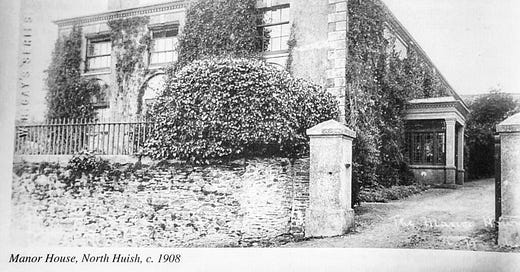This is a piece I wrote eighteen months ago, when I had relatively few readers on Substack. It’s about a building I still feel privileged to have spent time inside. I wanted to repost it for more of you to read, as I’m currently thinking a lot about the concept of home, and because the research I did for this visual essay had a big influence on one of t…
Keep reading with a 7-day free trial
Subscribe to The Villager to keep reading this post and get 7 days of free access to the full post archives.



